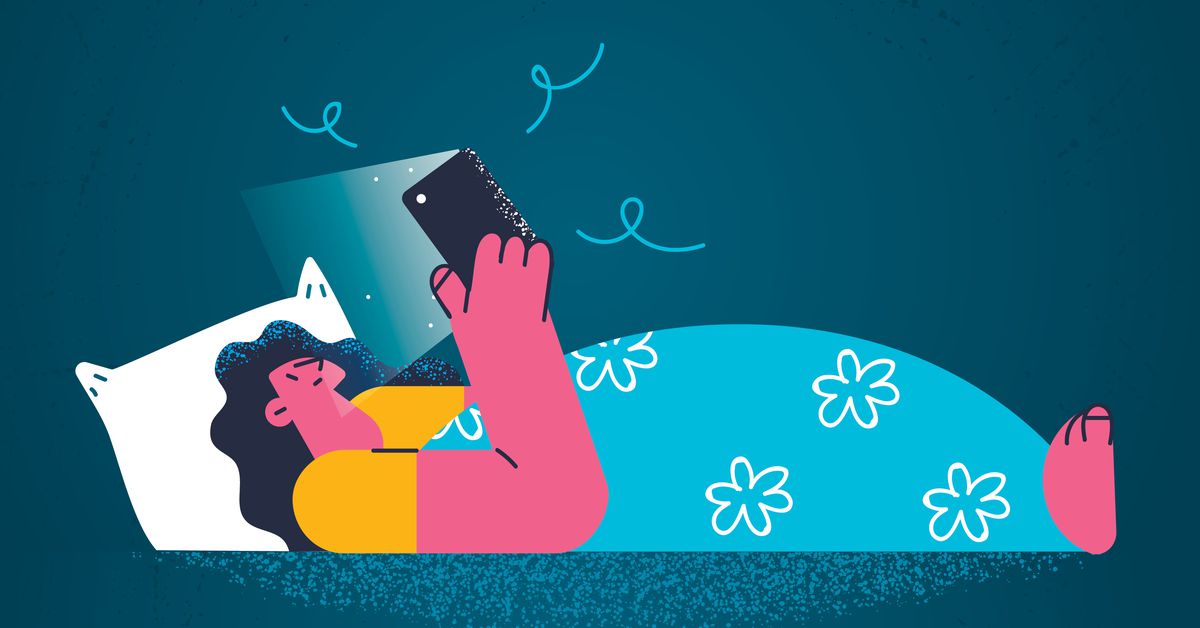Konsep Inti
Long-term sleep deprivation impacts mental and physical health, but personalized strategies can enhance sleep quality without drastic measures.
Abstrak
Struggling with sleep is common due to various factors like stress, light exposure, and societal issues. Listening to your body, creating routines, and smart tech use can significantly improve sleep quality.
Kustomisasi Ringkasan
Tulis Ulang dengan AI
Buat Sitasi
Terjemahkan Sumber
Ke Bahasa Lain
Buat Peta Pikiran
dari konten sumber
Kunjungi Sumber
www.vox.com
The sleep advice no one tells you
Statistik
Long-term sleep deprivation linked to depressive moods, anxiety, diabetes, and obesity.
CDC recommends 7-9 hours of sleep for adults.
Sunlight helps regulate circadian rhythm for better sleep.
A 30-minute nap around lunchtime can boost memory and performance.
Kutipan
"Going to bed might not be the answer and in fact, that might backfire." - Jade Wu
"Sometimes we think we need to be a monk in the hour before bedtime, but it doesn’t have to be like that." - Jade Wu
Wawasan Utama Disaring Dari
by Allie Volpe pada www.vox.com 09-25-2022
https://www.vox.com/even-better/23366918/unconventional-sleep-advice
Pertanyaan yang Lebih Dalam
How does societal pressure impact individuals' ability to get adequate rest?
Societal pressures can significantly impact an individual's ability to get adequate rest. The demands of modern life, such as work stress, social obligations, and the constant connectivity through technology, often lead to disrupted sleep patterns. People may feel pressured to stay up late working or engaging in social activities, leading to insufficient sleep. Additionally, the expectation of productivity and success can create anxiety and mental strain that interferes with falling asleep or staying asleep. The normalization of sacrificing sleep for productivity further exacerbates these issues.
What are the potential drawbacks of relying on technology for improving sleep?
While technology can offer tools and resources to improve sleep quality, there are potential drawbacks associated with relying too heavily on it. Devices like smartphones and tablets emit blue light that can disrupt the body's natural circadian rhythm by suppressing melatonin production, making it harder to fall asleep. Moreover, using devices close to bedtime can stimulate the brain rather than promoting relaxation before sleep. Dependence on apps or gadgets for tracking or optimizing sleep may also create a sense of obsession or anxiety around achieving perfect sleep metrics, which could ironically contribute to more stress and worsen insomnia.
How can establishing a consistent morning routine positively affect overall well-being?
Establishing a consistent morning routine has numerous benefits for overall well-being, including improved physical health and mental clarity throughout the day. Waking up at the same time every day helps regulate the body's internal clock (circadian rhythm), making it easier to fall asleep at night and wake up feeling refreshed in the morning. Morning routines that include exposure to natural light help synchronize this internal clock further by signaling daytime activity hours.
Consistency in waking times allows for better planning of daily activities like exercise, healthy meals preparation, meditation practices - all contributing positively towards physical fitness as well as mental wellness.
Morning routines also provide structure and predictability which reduce feelings of chaos or overwhelm during busy days ahead; they set a positive tone for starting each day mindfully rather than reactively rushing into tasks without intentionality
0
